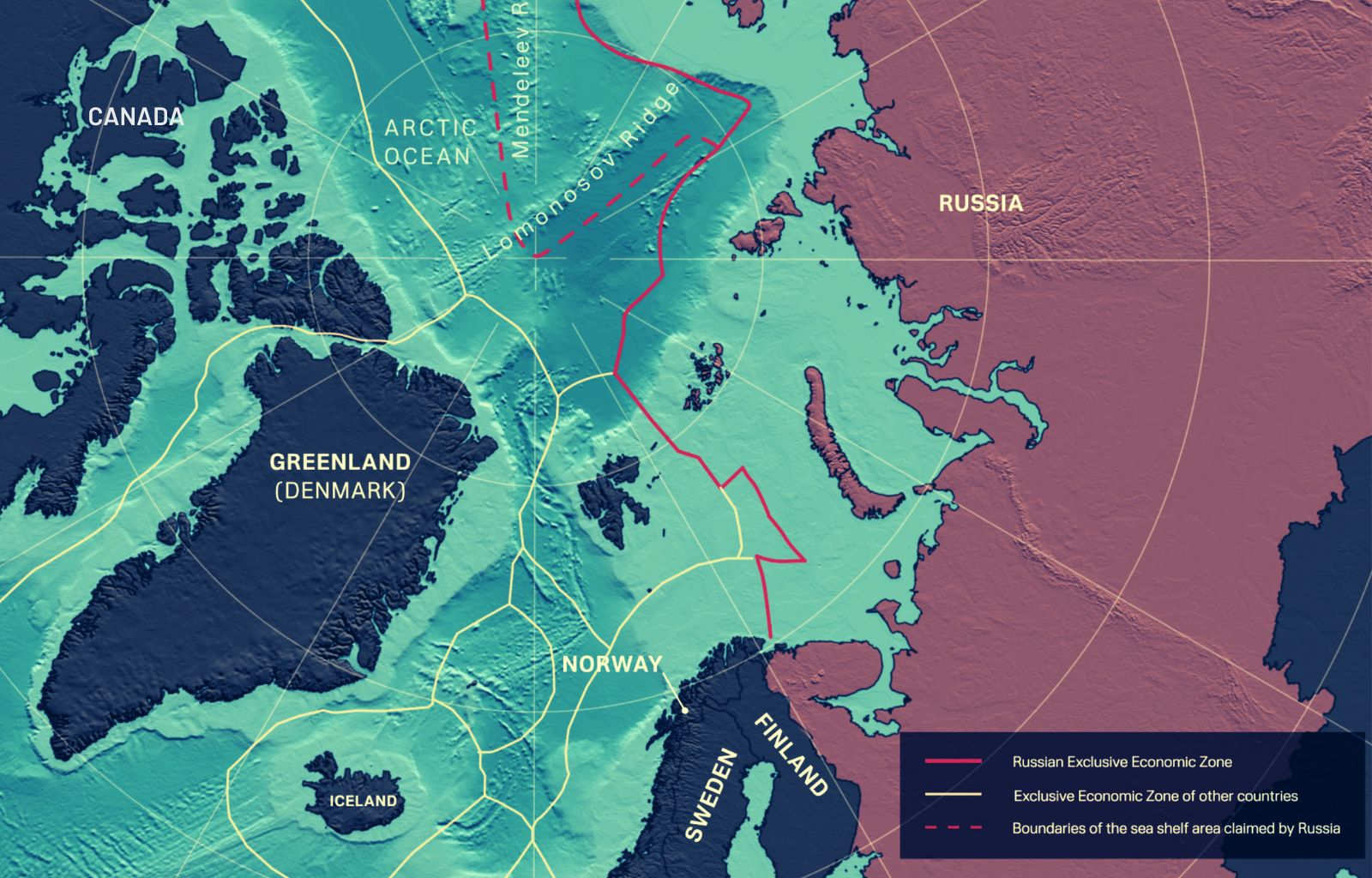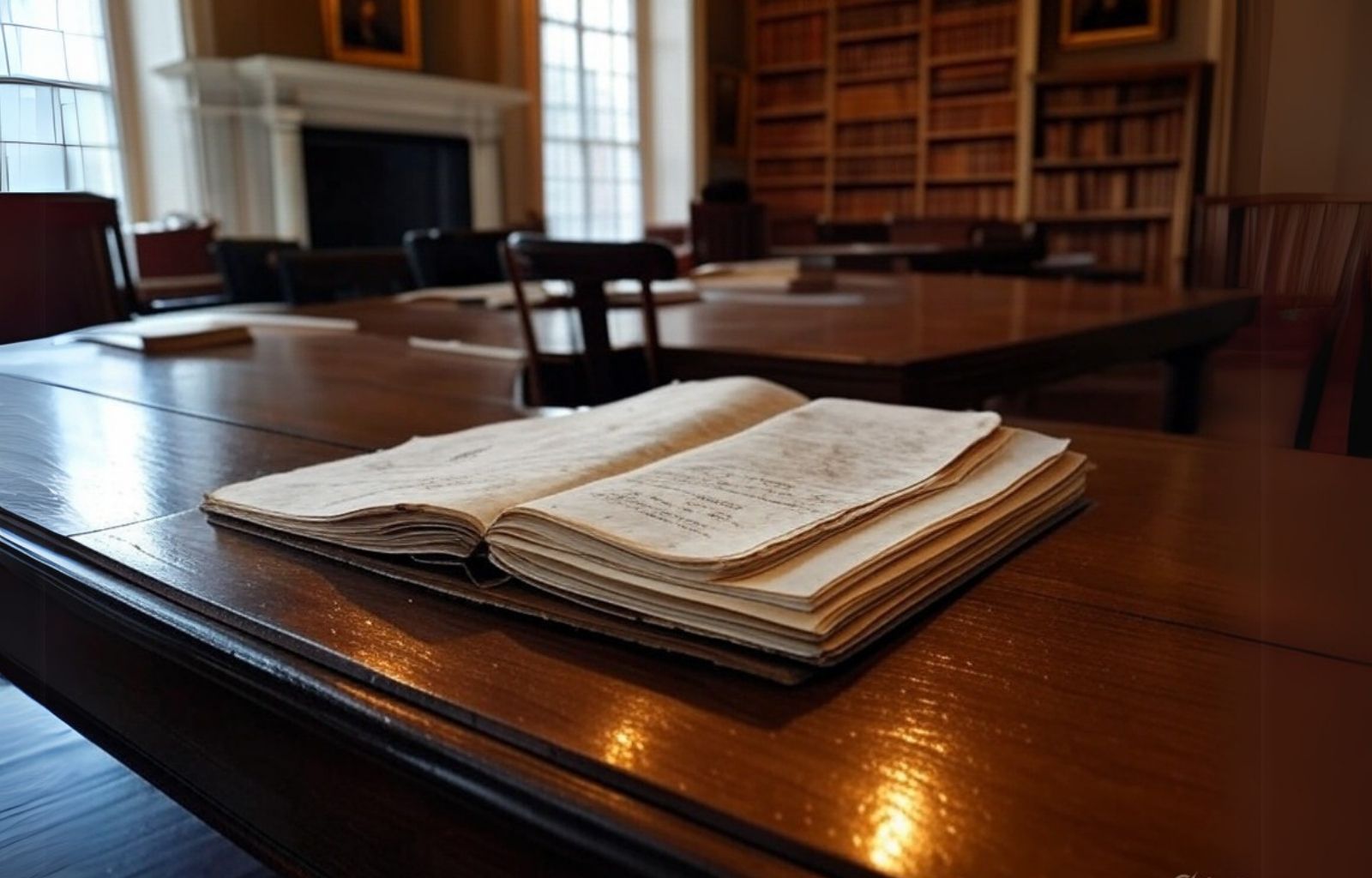Trump and Greenland: the end of the world as we know it

A few months ago on these pages and then in this podcast by L’Europeista Piercamillo Falasca had explained very well why the future of the planet passes through Greenland and why around this huge inhospitable island a logjam of US, Russian and Chinese economic and strategic interests has been created.
The great absentee in this risiko among the ice seems to be the European Union. Greenland, which belongs to the Kingdom of Denmark, has not been part of the European institutional space since 1982 (after a popular referendum held nine years after Denmark’s entry into the EEC), but continues to be linked to the EU by a strategic partnership agreement.
The centrality in the Arctic routes and the wealth of natural resources (gas, oil and especially rare earths) make Greenland a tasty morsel for the world’s major powers and it is therefore obvious that the US, long before Trump, has been offering a lot to Denmark to buy it and to repeat the transaction that led to the sale of Alaska to the US by Russia in 1867.
However, if Greenland, although geographically so peripheral, is at the centre of global interests, it is above all the point at which, if things go the way Trump intends them to go, the political and moral order of the democratic West will finally break down.
Greenland is already today a NATO platform, like the territory of any other member state of the alliance. The reason Trump claims that that territory belongs to America is that Trump no longer recognises NATO as a common security instrument, because he no longer recognises either the assumptions or the ends of the international order built around the core of Euro-Atlantic democracies.
The strength of the US was its reliable predictability
From 1945 to the present, the US has followed a reliable, because predictable, pattern based on the alliance of democracies as a condition for an orderly governance of international relations. They have not given charity to European freeloaders, as the Maga vulgate would have it, but have gambled that the costs of militarily defending this global order would be far outweighed by the economic and political benefits of the ‘Americanisation’ of the world.
Trump does not believe that liberal democracy, as we know it, is an efficient instrument of government and thinks that its geopolitical universalisation – that is, the defence of democratic institutions as a framework for an international policy of economic and civil progress – is equally inefficient and disadvantageous for America.
It is entirely irrelevant whether Trump uses this ideology in the service of the interests of an oligarchy that is adept at manipulating the plebiscitary dynamics of a mass communication system that has incorporated the democratic processes themselves, or whether he is simply the interpreter of the reactionary reflux of an America that, after having globalised the world, does not accept being globalised, first and foremost demographically, and sharing the rents of its own power. Moreover, it is possible that both of these phenomena are behind the Trump phenomenon, as the obvious tension between Musk and Bannon shows, for example.
The only relevant fact is that Trump is a radically anti-Western President, who has openly challenged the totems and broken the taboos of the West built after 1945 by the United States.
Trump will get where he is let go
The Greenland offensive is the precipitate of all this. Why must it not ‘take it’ if it is strong enough to do so? Why must it respect historical alliances, if these undermine possibilities at hand? If the balance of terror inaugurated by the Yalta accords had kept the western part of the world safe from domestic and international violence, the White House’s pacifist isolationism will universalise economic, political and military violence as a principle of world order.
Whether, when and how Trump succeeds in doing what he wants to do is not up to him, but to others, since there is still a piece of America and Europe between him and Greenland. But we know that he will get exactly where he is allowed to go. Even if the occupation and annexation of Greenland were carried out without firing a shot – which is more than likely – it would formalise the end of the rule of law in international relations within (and not only outside) the borders of the old Euro-Atlantic alliance. It would be the ‘end of the world’ as we know it.












